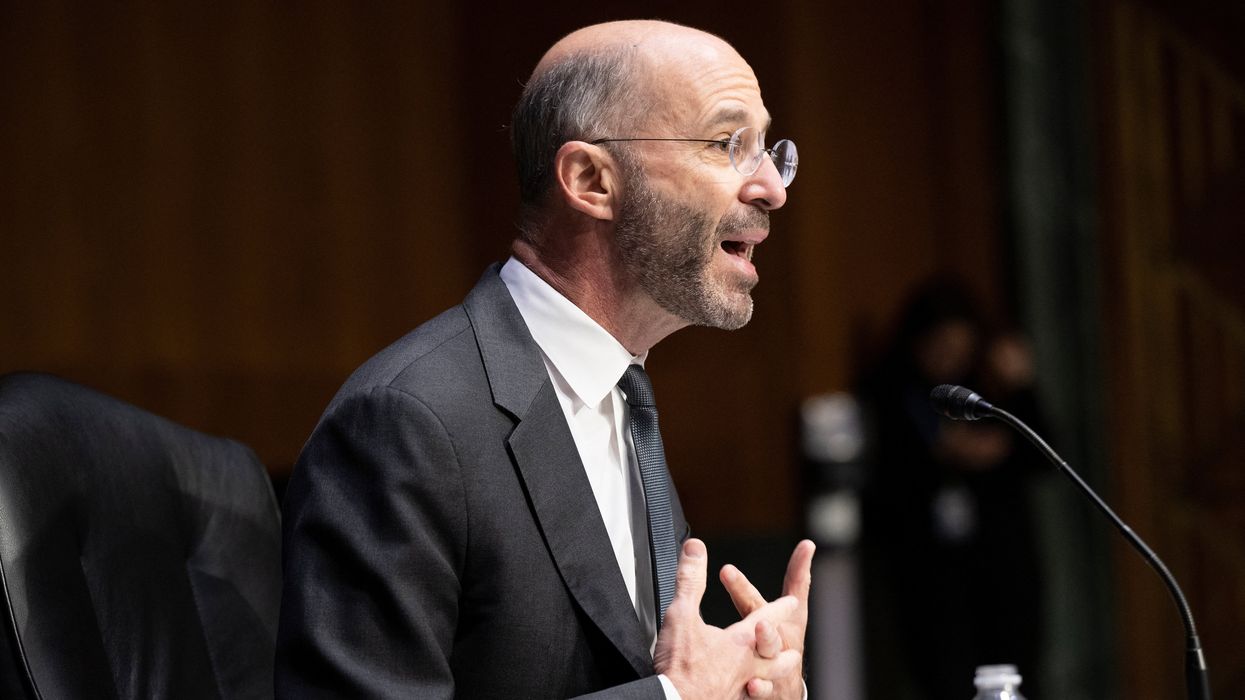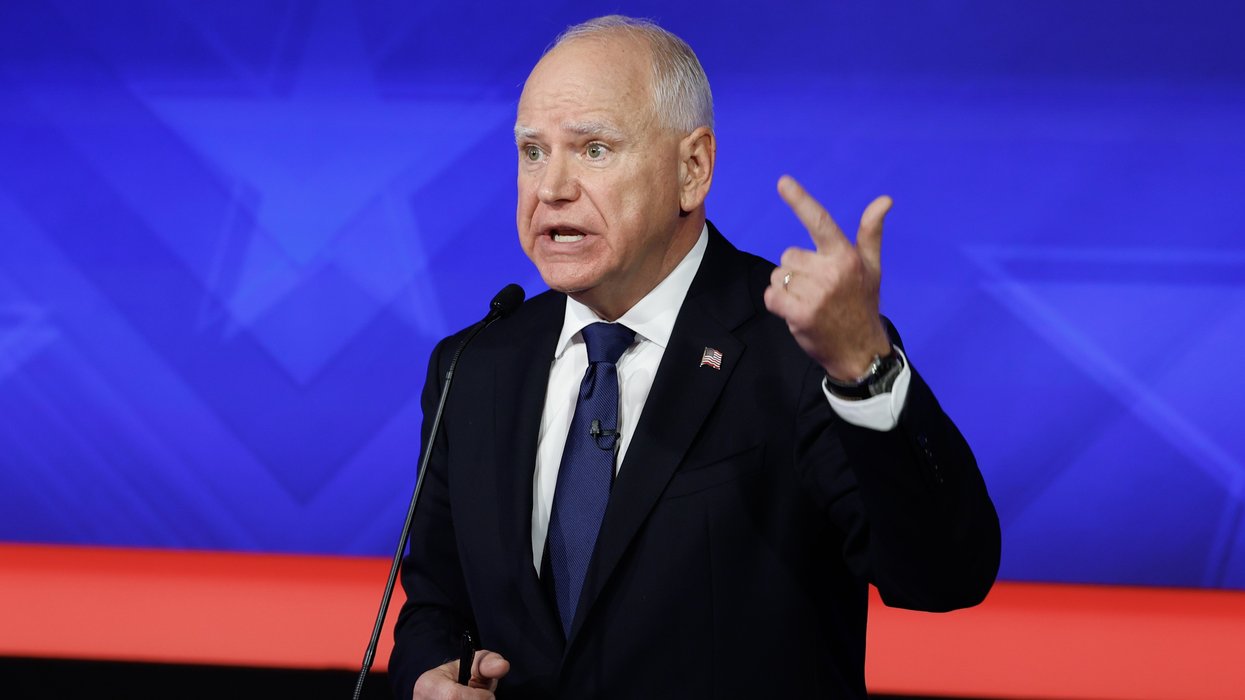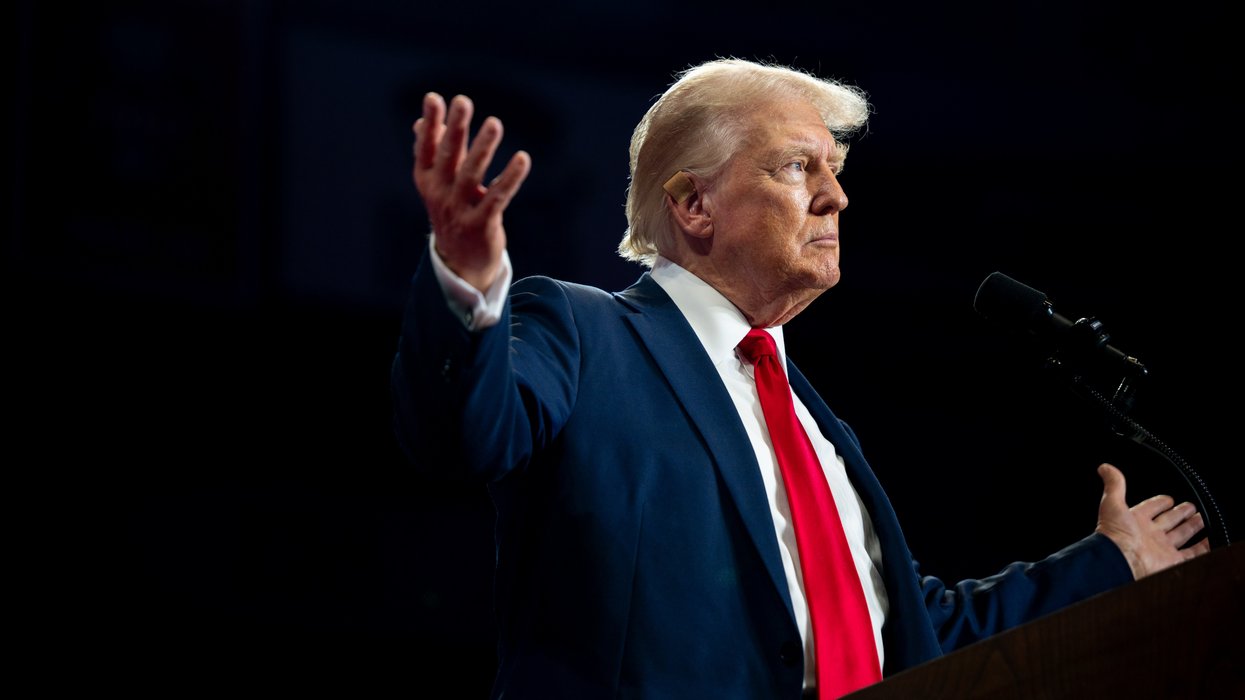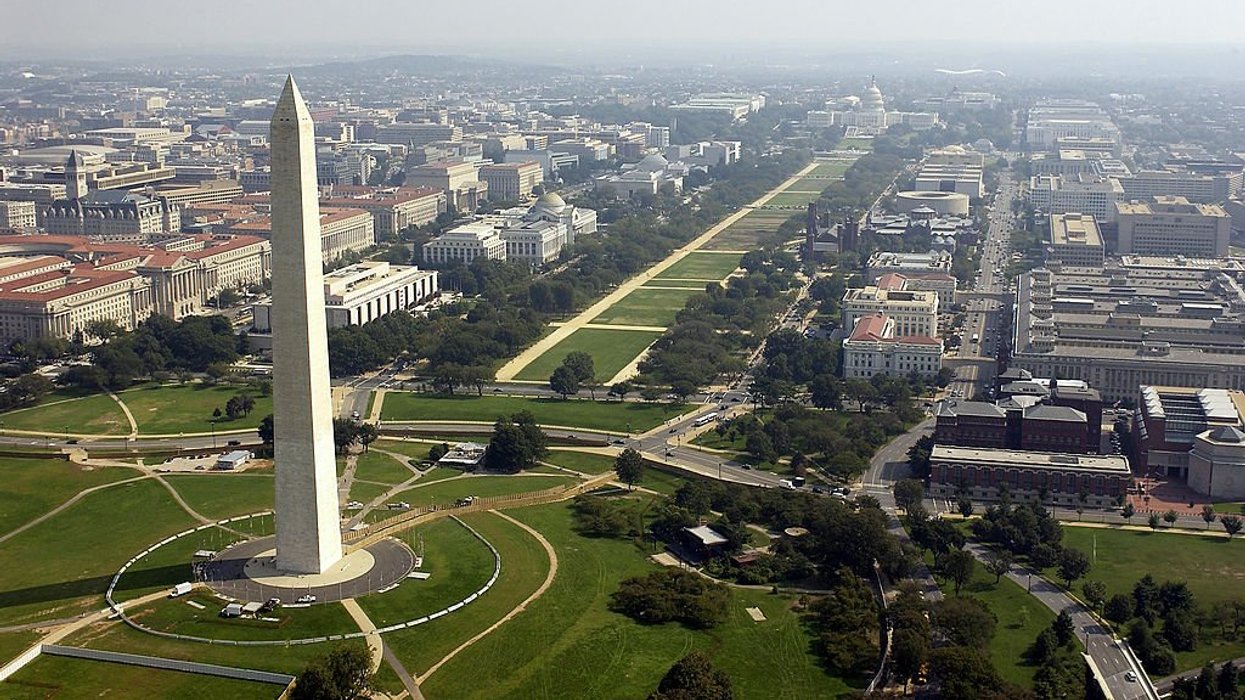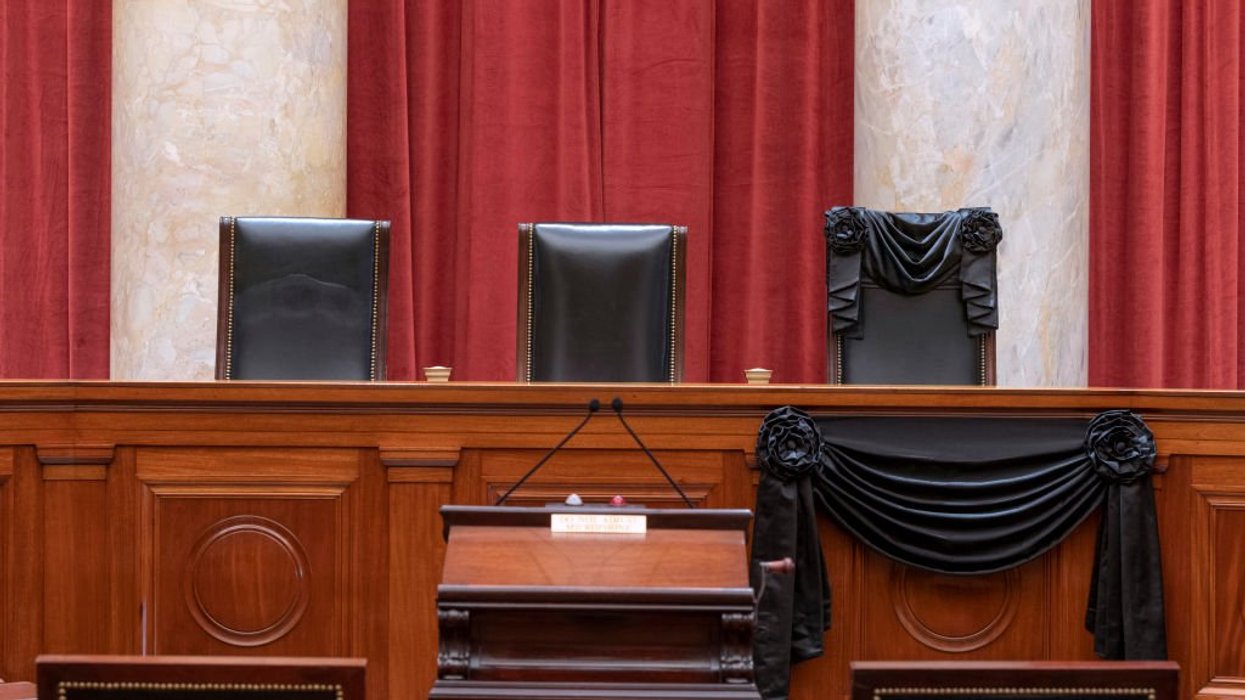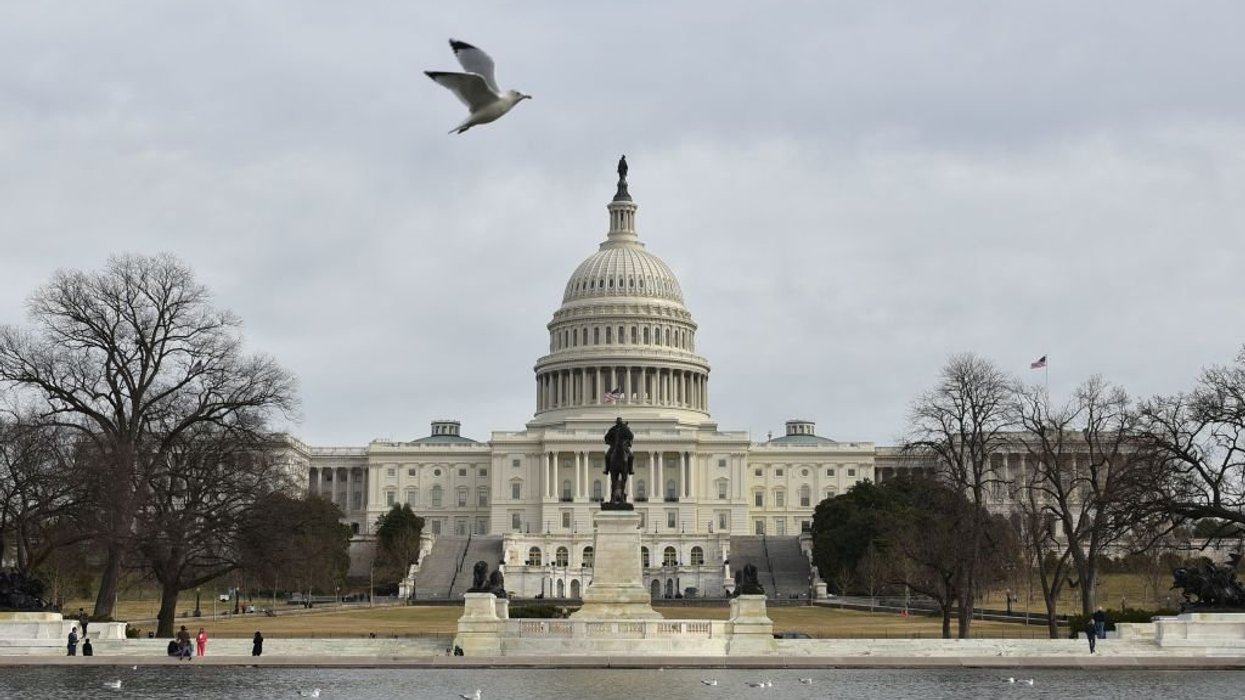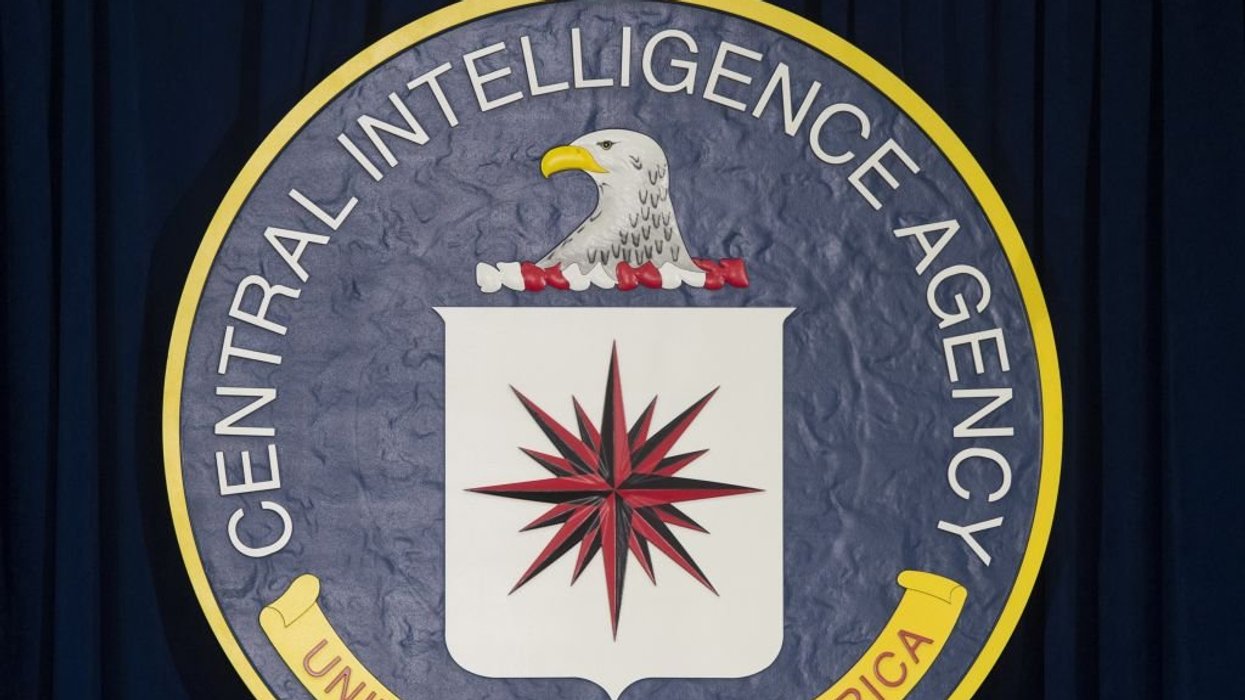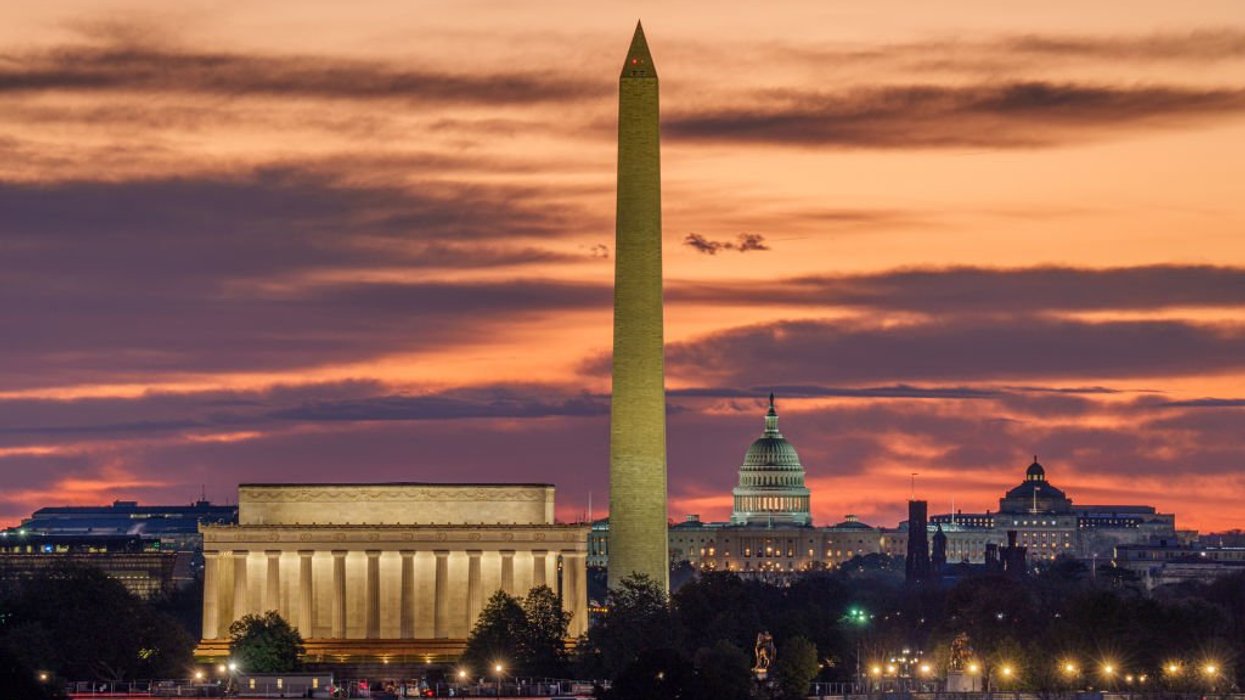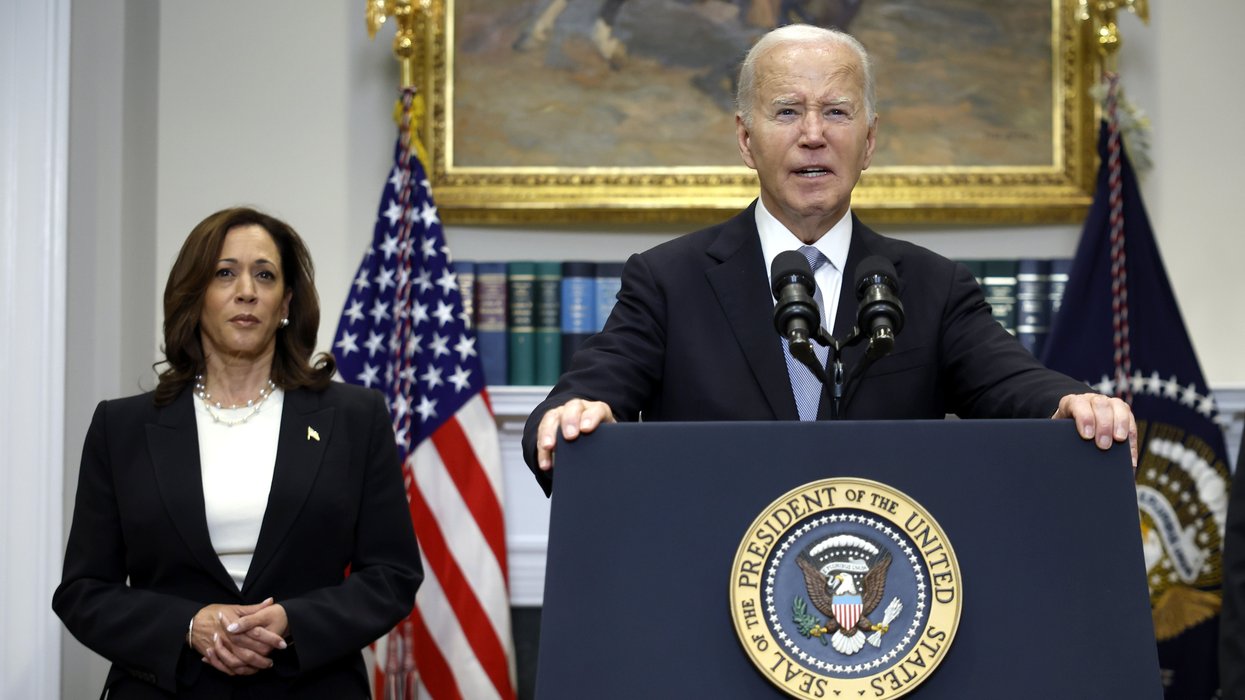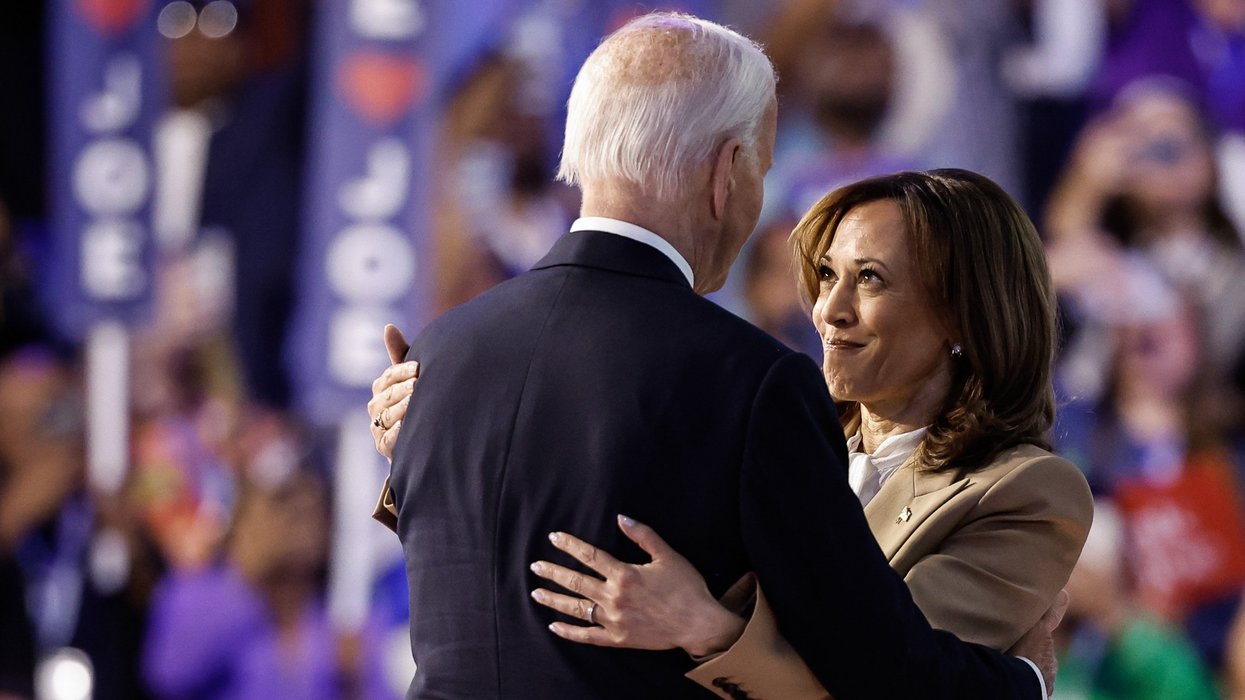Abraham Lincoln, the Lawyer
Abraham Lincoln was one of the greatest presidents of our time. He was the 16th president of the Unites States, "Savior of the Union," and the man who freed the slaves. However, many of us have never looked at the history before he was president, or how he worked as a very successful lawyer before his presidency. Lincoln's profile as a lawyer led him to become the 16th President of the United States, and his hard working and compassionate behavior came into play well before he sought his law degree.
Lincoln was born on February 12, 1809 in Hodgerville, Kentucky. His mother died when he was young and his father remarried Sara Johnston, who raised him along with three other children of her own. Though illiterate herself, Lincoln's step-mother encouraged him to learn to read from a young age. Reading material was in short while Lincoln was growing up, and he would walk for miles just to borrow a book. Lincoln only received about 18 months of formal education, typically a few days at a time. He was one of the few people who could read and write and was known as an excellent storyteller.
Before starting his career as a lawyer, Lincoln worked in many other capacities, including as a shoe keeper, postmaster and general store owner. In 1932, Lincoln was elected by his peers to be a military captain when a conflict between the United States and the Native Americans arose, known as the Black Hawk War. After the conflict, Lincoln officially began his political career and was elected to the Illinois State legislature. In 1834, he was a member of the Whig Party, a political party that strongly advised for U.S. Congress supremacy over the President (Biography.com Editors, 2016).
Around this time, being a member the Illinois State legislature, Lincoln decided to become a lawyer, teaching himself the law by reading William Blackstone’s Commentaries on the Laws of England. He actually argued and won cases prior to passing the bar in 1836, and in 1837 he was an officially licensed lawyer. He knew this was the path to go so he packed up and moved to Springfield, Illinois and began to practice at the John T. Stuart Law firm. He soon became a lawyer with a partner, but soon sought more work because there was not enough work in Springfield. Lincoln served a single term in the U.S. House of Representatives from 1847 to 1849. He was vocal and spoke out against the Mexican-American War, although it was not a popular opinion back home. After his one term, he returned to Springfield again to practice law. He served as a lobbyist for the Illinois Central Railroad as its company attorney. Several court cases were successful and this brought other business clients as well, such as banks, insurance companies and manufacturing firms. Lincoln participated in many criminal trials as well. He did cases in the Illinois Supreme Court and was a well-known, respected lawyer. He could solve very complex problems and be flexible in everyday matters (Biography.com Editors, 2016), (James, 1995).
Lincoln’s profession as a lawyer contributed to his rise to presidency in many ways. After leaving the Whig Party, he joined the New Republican Party in 1856. It was made up of many former Whigs who opposed slavery. These gentlemen were called “Conscience Whigs.” They took a firm stand against slavery. Personally, this is where I think his ambition and compassion came in to help free slaves later on in his life. If Lincoln would not have become a lawyer, then he never would have had the impact he did to abolish slavery and stress equal rights. Lincoln could make a strong, informed impact (Miller Center of Public Affairs, 2008).
In comparing my own traits to Lincoln's, I think about my passion. Right now in my life, I am a dancer. I eat, sleep and breathe dance. If I wouldn't have tried out for my school’s drill team, I would never have known how much I love to dance and how I want to help others succeed in their passion. One day, I want to help children all over the world learn how to express their feelings through the art of dance. When Lincoln joined the Republican Party, I imagine he had no idea how much it was going to impact him on slavery. He found his ultimate purpose. The passion that started as a child, learning to read on his own, passing the bar, trying cases and entering the political field brought him to find one of his truest passions. Although abolishing slavery was much important than my passion for dance, I know how a passion and a purpose can take extra meaning in life. I know I want to help others be inspired and learn. It only takes one small step and a purpose.
The name “Abraham Lincoln” is a strong, powerful name that everyone knows. I personally think his name means "honesty," "compassion" and "hard work." It means strength because he always had the ability of never giving up, no matter how hard times could be and how strong the opposition was. "Honesty," because he seemed to tell exactly what he thought, not just what people wanted to hear. "Compassion," because of the multiple people he continued to care for throughout his whole life, even the ones who were not blood-related. Finally, I believe "hard work" describes Lincoln best. He never failed working throughout his childhood, career as a lawyer and especially during his role as President. He never gave up. He worked until he abolished slavery, which he could not have done without the knowledge and expertise he gained as a lawyer first.
Without Lincoln’s profession as a lawyer, he probably would not have been our 16th President of the United States. If he had not taught himself to read, he would not have been a lawyer. He would not have led the crusade for the abolishment of slavery. He would not have been the "Savior of the Union." A hard working, compassionate man, Lincoln's legacy continues to inspire people to this day never to give up.
Support the Cause
Proceeds from the sale of these high-quality t-shirts will be given to students who win our "Before They Were Famous" essay contest. Buy a shirt and support the winning students today.





